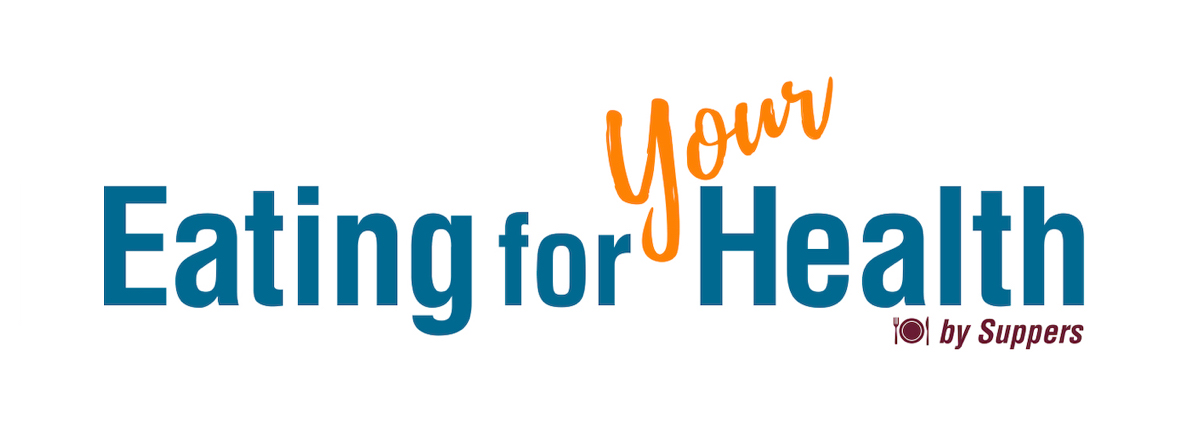Credit for this White Paper: The Nourishing Gurus
It's a wise experiment to provide yourself a break from coffee intake and see what it feels like to live your life on your own fuel. Remove coffee and caffeine safely from your system and see how authentically energized you feel!
How to Minimize Withdrawal Symptoms
Those who consume the most caffeine, alcohol and sugar, and those who have the highest toxic load, tend to have the most difficulty initially. Symptoms of withdrawal usually disappear after 3-4 days. It’s best to slowly reduce your intake of caffeine. Remember: Eating well-balanced meals with low glycemic carbs, lean proteins and healthy fats will go a long way to improving natural energy levels in the long run.
Drink at least 6-8 glasses of filtered water daily. Every morning, drink some warm water with freshly-squeezed lemon juice. Avoid water in plastic bottles, which contain harmful chemicals.
If you are tired, allow more time for sleep (if you can)!
Exercise daily to help fight off fatigue. Even simple walking is good; 30 minutes daily.
Drink 1-2 cups of green tea. The small amount of caffeine won't hurt and the antioxidants will heal.
Practice pressing the pause button. Withdrawal can be stressful and research has shown that meditation and other mindful activities can help calm an overstimulated and stressed system while boosting the immune system.
Keep a journal and track your symptoms. Note the difference in quality of energy you experience while avoiding coffee. Remember, first few days might be rough.
Supplement help, if needed:
- 1,000 mg buffered vitamin C with breakfast and dinner.
- High quality active B vitamin at breakfast and lunch. A favorite brand is Thorne B-Complex #12.
- Magnesium citrate/glycinate 250 mg OR an Epsom salt bath before bed if you're irritable or have trouble sleeping.
